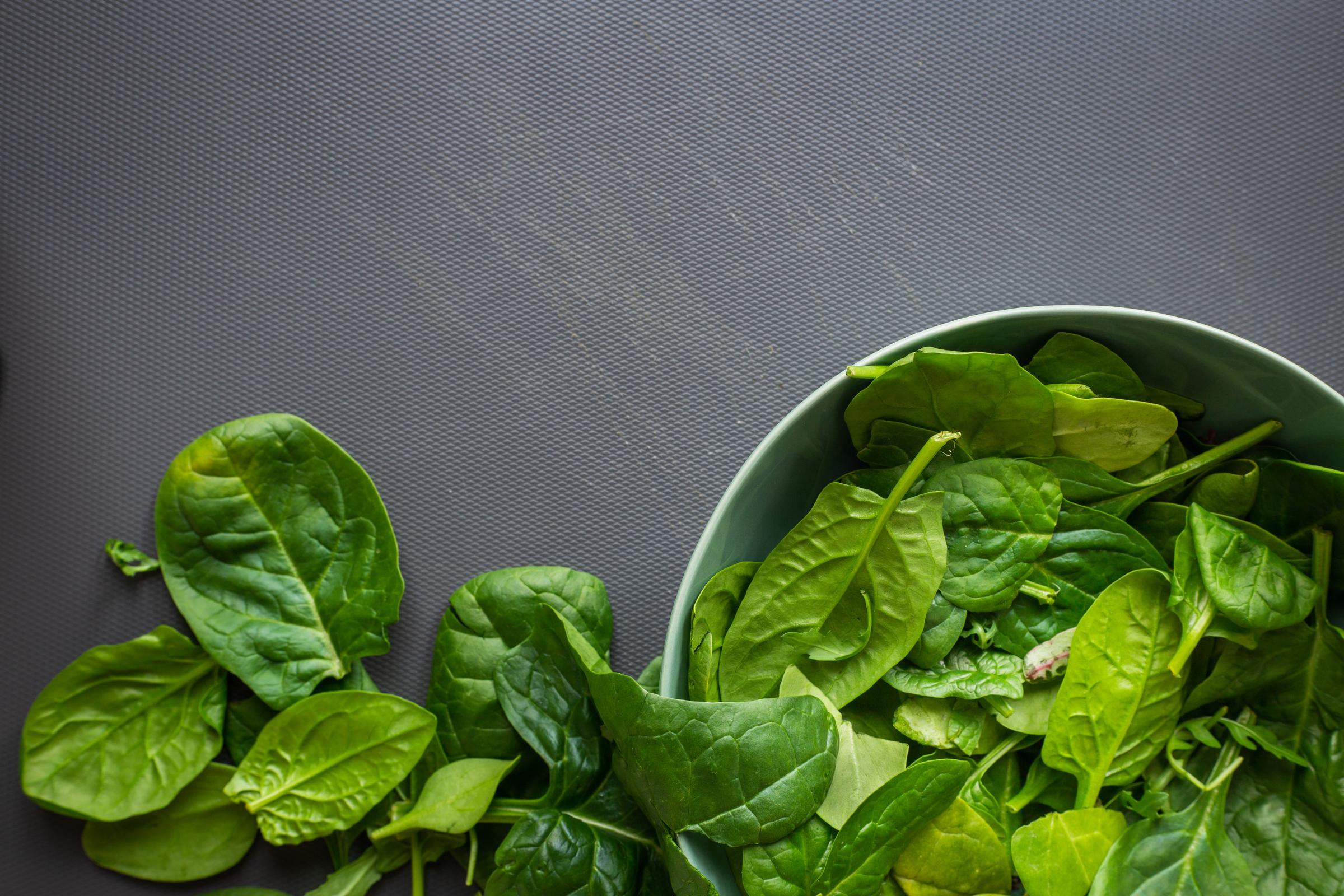The Importance of Iron
Cyndee Bautista - Adolescent Health Nurse

The Importance of Iron
Cyndee Bautista - Adolescent Health Nurse
IRON DEFICIENCY
Did you know that babies, toddlers, pre-schoolers, and teenagers are at risk of developing an iron deficiency, mainly because their increased needs for iron may not be met if their diets are inadequate? With many of our students now choosing a vegetarian or vegan diet, extra care needs to be taken to ensure you are getting enough iron in your diet! Teenage girls are at particular risk of developing an iron deficiency (anaemia) due to a number of factors, including growth spurts at puberty, iron loss through periods (menstruation) and risk of under-nutrition due to fad dieting that restricts eating.
Iron is an important dietary mineral that is involved in various bodily functions, including the transport of oxygen in the blood. This is essential in providing energy for daily life. Iron is also vital for brain development.
Symptoms you may not be getting enough iron in your diet can include tiredness, pale skin, breathlessness, behavioural problems and increased sweating.
To prevent iron deficiency, try eating a diet with iron rich foods (lentils, peas, broccoli, spinach, whole grains, meat, poultry and fish). Where possible, avoid drinking too much tea and coffee as this can interfere with your body’s ability to absorb iron.
If you think you may be low in iron or experiencing symptoms that may be caused by iron deficiency (listed above), it is important to speak with your GP!
If you would like more information about iron deficiency or have any questions, you can also contact the numbers below or read the linked factsheet - https://www.betterhealth.vic.gov.au/health/conditionsandtreatments/iron-deficiency-children#suggestions-for-parents-%E2%80%93-teenagers
Cyndee Bautista
Adolescent Health Nurse